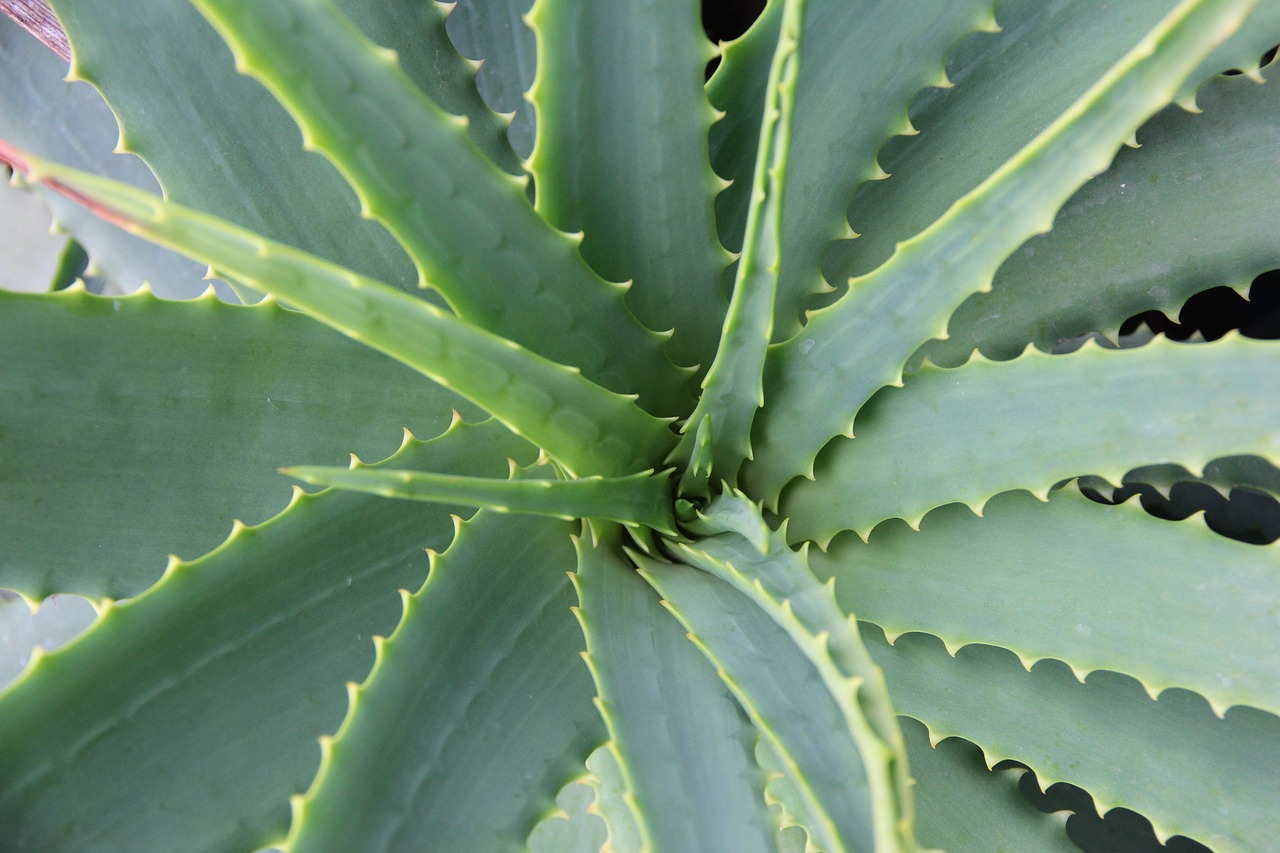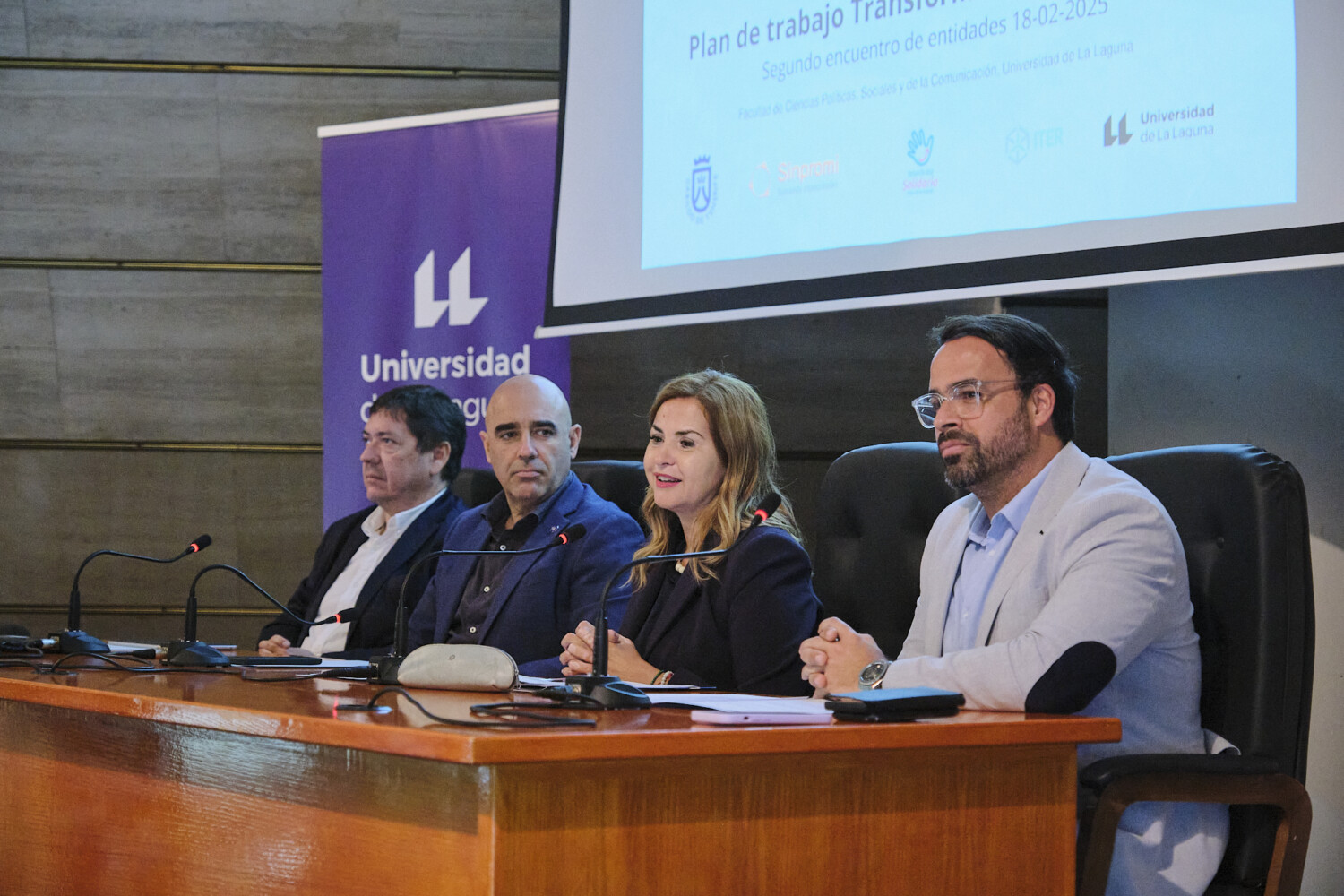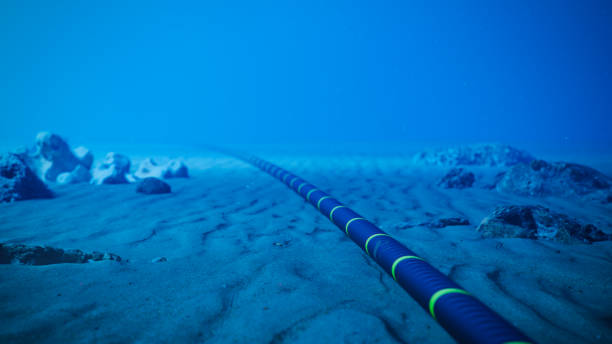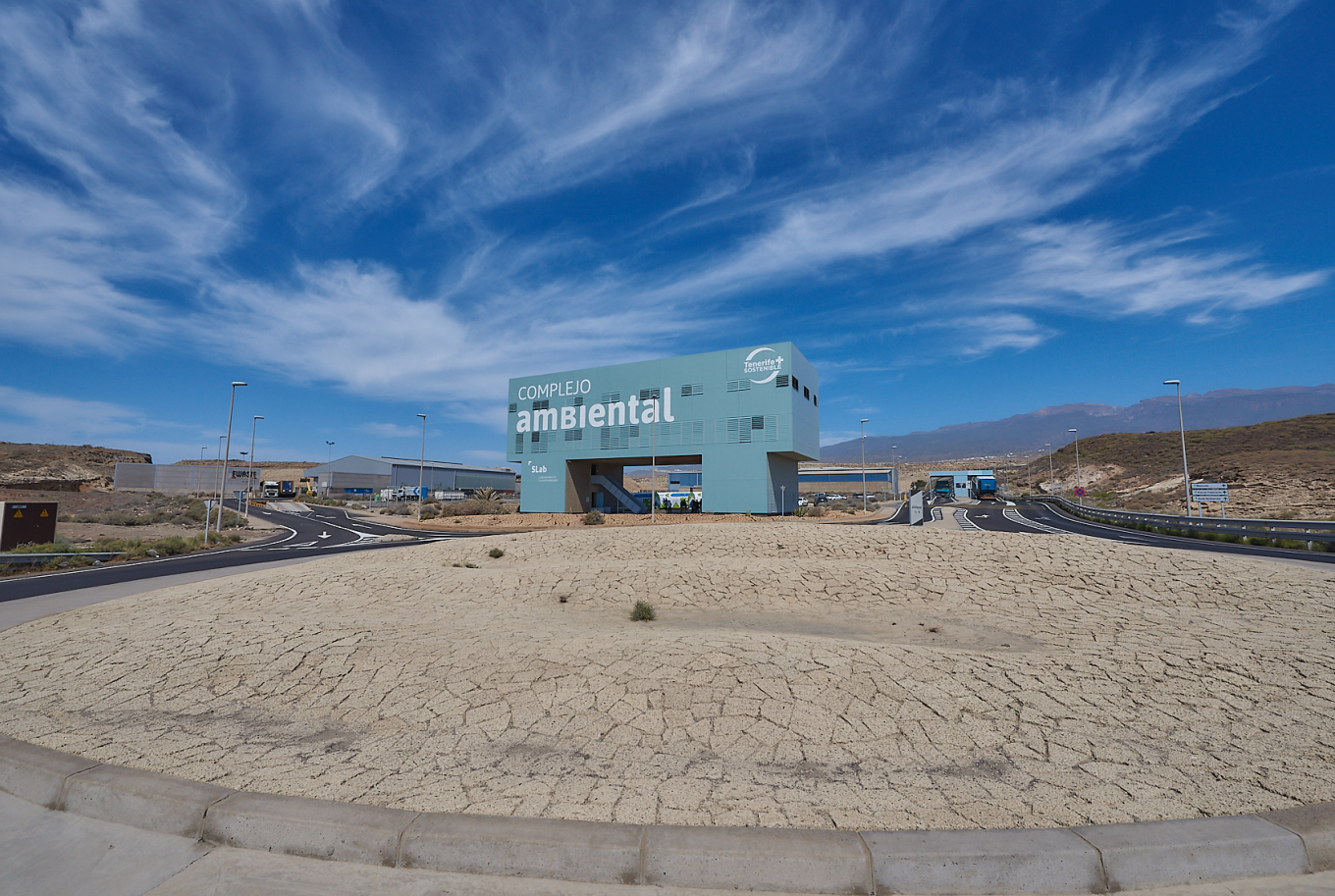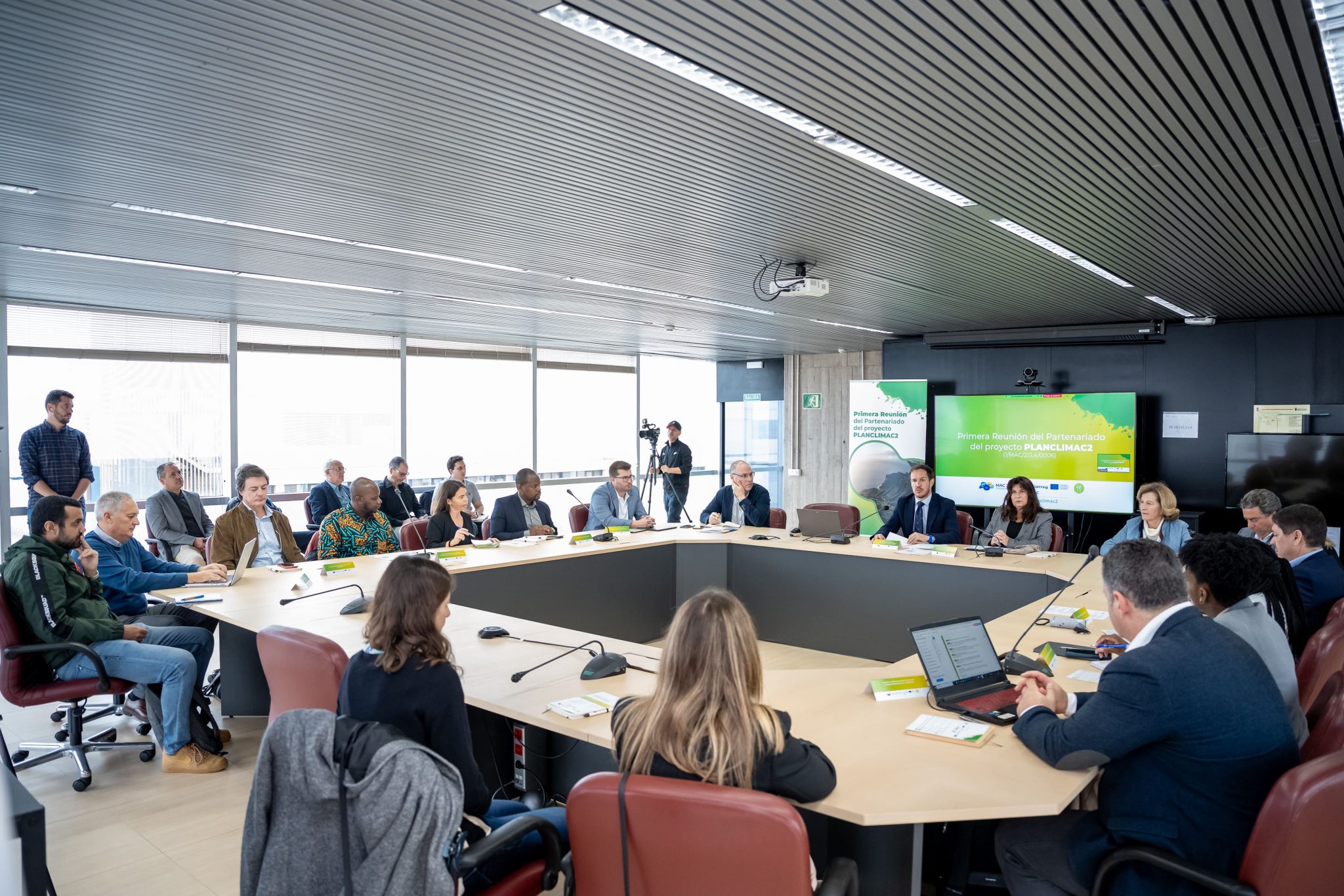ITER and ULL have launched the project called ALOECAN in order to certify the authenticity and geographical origin of aloe and thus protect producers and consumers from potential fraud.
The Instituto Tecnológico y de Energía Renovables (ITER), dependent on the Cabildo de Tenerife, leads the ALOECAN projectproject, which together with the University of La Laguna (ULL), aims to apply for the first time the traceability of inorganic and organic fingerprints of Canary Island aloe plants and products as a novel geochemical tool to contribute to the fight against fraud.
The ALOECAN project project is part of the research line on food traceability, which has been developed by the Environment Area of ITER for the last 5 years and aims to certify the authenticity and geographical origin of aloe and thus protect producers and consumers from potential fraud.
Specifically, the use of natural strontium isotopes and specific organic compounds existing in aloe plants will be evaluated as potential “fingerprints” of the aloe grown in the Canary Islands and its derivative products. The project will also lead to the implementation, for the first time, of a methodology for the certification of the origin of aloe vera, beyond the proposed technique. This tool will be a key element for the establishment of a denomination of origin for Canary Island aloe vera, which will make concrete and significant contributions to all the links in the aloe value chain.
The growing demand for high quality and safe agri-food products in Europe has promoted the development of rigid control laws to certify their authenticity and geographical origin in order to protect producers and consumers from potential fraud. Among these products is aloe, which has been reported to contain more than 200 potentially active compounds in its solid fraction, including vitamins, minerals, anthraquinones, polysaccharides, etc.
A very high quality aloe is grown in the Canary Islands. This high quality is the result of a privileged climate and a volcanic soil rich in minerals that make the Canary Islands one of the best places for the cultivation of this plant. However, the fraud of aloe and its derivative products sold as Canary Islands currently reaches 21 million euros, according to data from the Government of the Canary Islands. For these reasons, the geographical traceability of aloe is of vital importance for modern Canary Island society, generating the need to establish valid scientific protocols capable of tracing the geographical origin of aloe cultivated in the Canary Islands and its derivative products.
The ALOECAN project (CPP2021-009056) will last 36 months and is funded by the Ministry of Science and Innovation and the State Research Agency (10.13039/501100011033) and by the European Union in the framework of the EU Next Generation EU Recovery Plan and the Spanish Recovery, Transformation and Resilience Plan (PRTR).



